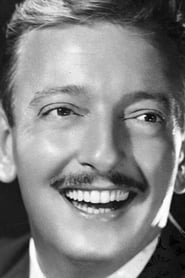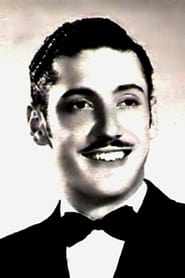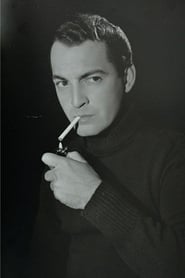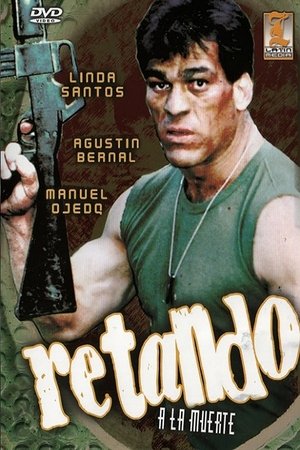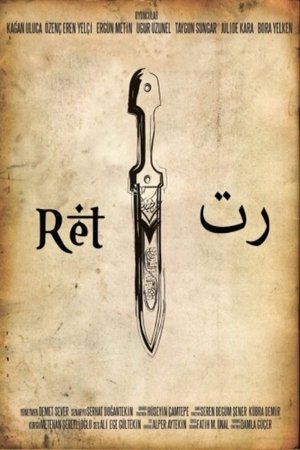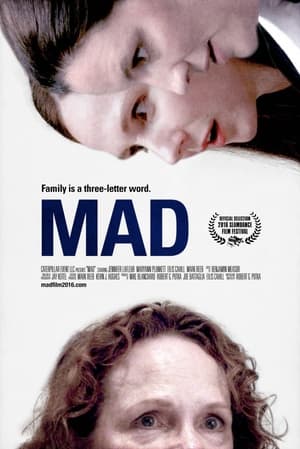
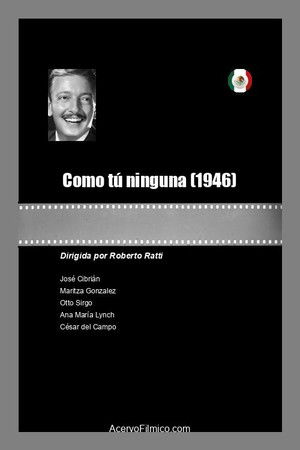
Como tú ninguna(1946)
Como tú ninguna is a black and white film co-produced by Argentina and Mexico directed by Roberto Ratto according to his own script that premiered in 1946 at the Teatro América and starred José Cibrián and Maritza Rosales.
Movie: Como tú ninguna
Top 5 Billed Cast

Como tú ninguna
HomePage
Overview
Como tú ninguna is a black and white film co-produced by Argentina and Mexico directed by Roberto Ratto according to his own script that premiered in 1946 at the Teatro América and starred José Cibrián and Maritza Rosales.
Release Date
1946-01-01
Average
5
Rating:
2.5 startsTagline
Genres
Languages:
Español
Recommendations Movies
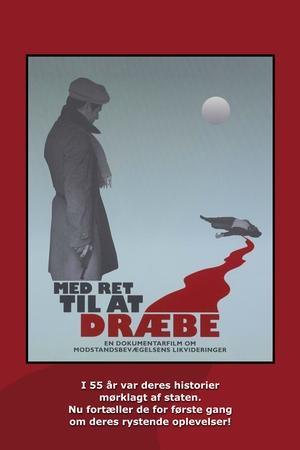 6.6
6.6With a Right to Kill(da)
This documentary looks at the Danish resistance movement's execution of 400 informers during the Nazi occupation and the ensuing cover-up.
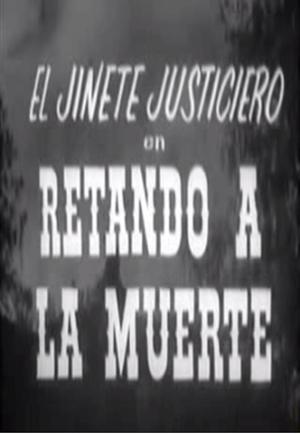 5.6
5.6El jinete justiciero en retando a la muerte(es)
Guy gets mugged on horseback and left for dead; farmgal nurses him back to health and when he's on his feet again, he puts a domino on and swings into J J action.
NULL(en)
A hitman is tasked to take out ex-mobsters when he suddenly hears a voice that questions his morality.
Captain Nulle(lv)
Valdis Nulle is a young and ambitious captain of fishing ship 'Dzintars'. He has his views on fishing methods but the sea makes its own rules. Kolkhoz authorities are forced to include dubious characters in his crew, for example, former captain Bauze and silent alcoholic Juhans. The young captain lacks experience in working with so many fishermen on board. Unexpectedly, pretty engineer Sabīne is ordered to test a new construction fishing net on Nulle's ship and 'production conflict' between her and the captain arises...
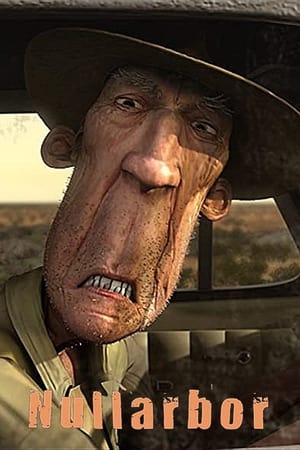 7.3
7.3Nullarbor(en)
An animated road-movie set across the vast and barren landscape of Australia's Nullarbor Plain.
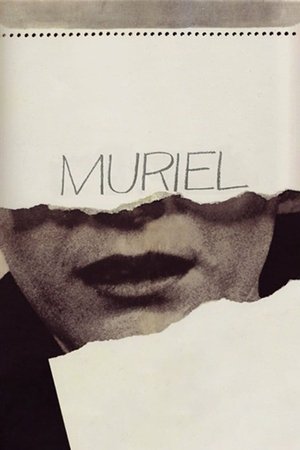 6.9
6.9Muriel, or the Time of Return(fr)
In the seaside town of Boulogne, no one seems to be able to cope with their past, least of all Hélène, an antique furniture saleswoman, her stepson Bernard, and her former lover Alphonse.
Return(en)
Return is a methodical construction of the approach of an individual towards an unseen goal, which assumes metaphorical significance. Viola moves toward the camera/viewer, pausing every few steps to ring a bell, at which point he is momentarily thrust back to his starting place, and then advanced again. Finally reaching his destination, he is taken through all of the previous stages in a single instant and returned to the source of his journey.
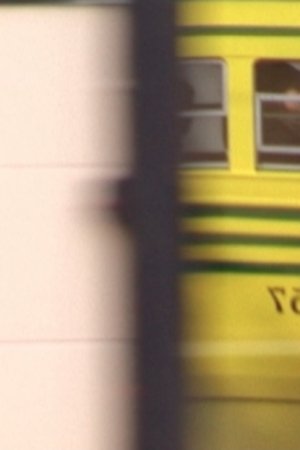 5.7
5.7way(en)
San Francisco filmmaker Konrad Steiner took 12 years to complete a montage cycle set to the late Leslie Scalapino’s most celebrated poem, way—a sprawling book-length odyssey of shardlike urban impressions, fraught with obliquely felt social and sexual tensions. Six stylistically distinctive films for each section of way, using sources ranging from Kodachrome footage of sun-kissed S.F. street scenes to internet clips of the Iraq war to a fragmented Fred Astaire dance number.
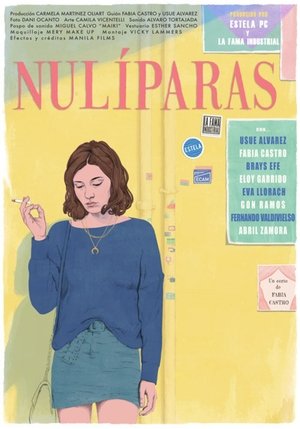 6.8
6.8Nulliparous Women(es)
In a pub in Madrid's downtown, a group of workmates meets to celebrate a birthday party. There, the singular characters share their opinions about education, maternity and other matters about life. In the middle of that, Lucía tries to behave normal, but in her head, there is only one thing: She may be pregnant and if it's confirmed, she would be forced to face one of the most difficult decisions: became a mother or not. A story about maternity, friendship, and identity.
 8.6
8.6Hunter × Hunter Pilot(ja)
The stand-alone pilot OVA which was shown as part of the "Jump Super Anime Tour" of 1998. Shortly before the TV series, a summary is presented of the story of Gon who wants to become a hunter and the friends he makes in the process.
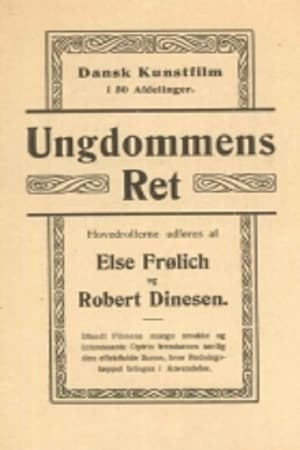 6.6
6.6The Right of Youth(da)
Court huntsman, Søtoft, is courting his daughter Else’s lady-in-waiting, Miss Engelke. That’s why it’s a bit of a punch in the stomach when, late one evening, he discovers his son Ove in close contact with her. Chamberlain von Plessen, who had been gossiping to Søtoft and is himself spying on the young couple, is going to set fire to the room they’re in. The hurt Søtoft wants to leave the young couple to their cruel fate – that is until he discovers that it’s not Engelke, but his daughter Else, who is trapped in the flames with her brother. (Stumfilm.dk)
 7.5
7.5The Wedding Veil Inspiration(en)
Emma's plans get thrown off course when Paolo returns to Italy to take care of his father and she discovers a new passion for making art accessible to all.
Defeat of the German Forces Near Moscow: The Restored Soviet WW2 Documentary(ru)
Soviet wartime cameramen accompanied the fighting troops of the Red Army on foot, aboard their tanks, and in their aircraft to film this epochal documentary of the Battle of Moscow that halted the vaunted and---until then, unstoppable---German war machine cold in its tracks.
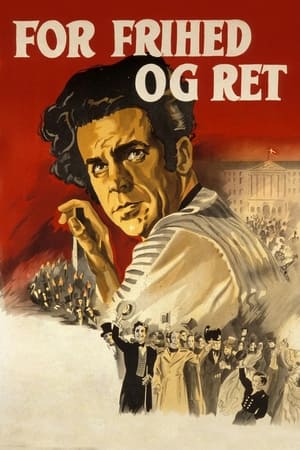 6.2
6.2For freedom and justice(da)
A picture of the life of the Danish people from the late 1820s to the introduction of the free constitution in 1849. A fictional character, Rasmus Nielsen, travels around the country, first as a traveling teacher, later in other positions, and through his experiences we are introduced to the conditions of various population groups. The central figure in the portrayal of historical figures is the politician Orla Lehmann.
 6.7
6.7Inside Asda: Bigger, Better, Cheaper?(en)
The supermarket giant that rose high by taking prices low.
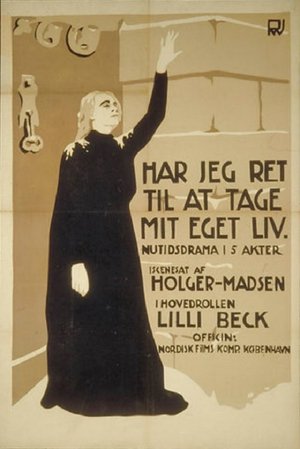 7.3
7.3Beyond the Barricade(da)
Family man Poul Berg is tempted by a questionable investement offer and indebts himself to a point where suicide seems like the only way out. His widow struggles to maintain even a simple standard of living for herself and their three children, who are fatally marked by their fathers deed. (stumfilm.dk)
 6.6
6.6Friends Jokes(ar)
The film tells a story speaks of "Yusuf ", a plumbing Man, who is exposed to many pranks by his friends.
